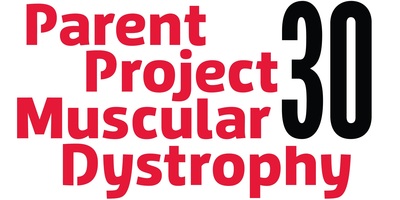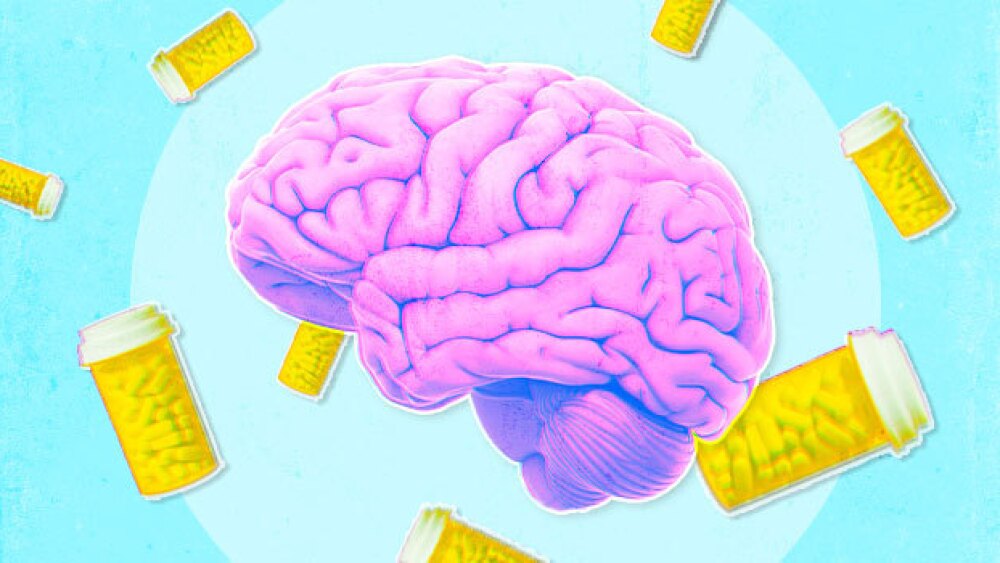Grants from Leading Duchenne Organization Are Result of Community Fundraising Effort to Support Cardiac Priorities in Duchenne
Grants from Leading Duchenne Organization Are Result of Community Fundraising Effort to Support Cardiac Priorities in Duchenne
HACKENSACK, N.J., Oct. 24, 2019 /PRNewswire/ -- Parent Project Muscular Dystrophy (PPMD), a nonprofit organization leading the fight to end Duchenne muscular dystrophy (Duchenne), announced that Dr. Kan Hor from Nationwide Children’s Hospital and Dr. Dongsheng Duan from the University of Missouri received grants to further develop their research into potential therapies that could improve cardiac health in people living with Duchenne. Part of the organization's Cardiac Initiative, funding for this grant was a result of PPMD's 2018 holiday campaign emphasizing the importance of cardiac research and heart health in Duchenne. For the past several years, PPMD has heavily invested in the pursuit of optimal care, interventions, and research pertaining to the management and prevention of cardiomyopathy and has invested close to $5 million in this pursuit.

Duchenne is the most common fatal genetic disorder diagnosed in childhood, affecting approximately one in 5,000 live male births. Duchenne is caused by a change in the dystrophin gene. For people with Duchenne, cardiac disease is an area of great concern. The absence of dystrophin in the heart contributes to a progressive deterioration of cardiac muscle and eventual cardiomyopathy.
Abby Bronson, PPMD's Senior Vice President of Research Strategy, explains why funding the cardiac research of Drs. Hor and Duan is so critical: "The leading cause of death among people with Duchenne is heart disease. People with Duchenne have hearts that are dystrophin deficient and undergo a progressive deterioration beginning from birth. There is also evidence that women who are carriers of Duchenne are at risk of heart disease. Dr. Hor and Dr. Duan are addressing these issues from different angles, both of which PPMD believe are important approaches. Advancements in cardiac magnetic resonance imaging (CMR) are allowing for better monitoring and early warning of heart disease. Early detection allows for therapies to be initiated that may yield better outcomes than late stage cardiac disease therapies. Unfortunately, heart disease in Duchenne is often not detected until late stage when there is presence of irreversible scarring. This delay in cardiac care is due in part to a lack of understanding about disease progression, driven by a lack of data."
Kan N. Hor, MD, pediatric cardiologist, is the director of Cardiac MRI at The Heart Center at Nationwide Children's Hospital and an associate professor of Clinical Pediatrics at The Ohio State University College of Medicine. Dr. Hor is evaluating 1,200 CMR studies collected from over 550 patients at Nationwide Children's Hospital. PPMD is providing a $94,500 grant that will help Dr. Hor and his team continue to build a database and further analyze heart function, anatomy, and evidence of scarring among other CMR related data. This database represents a large natural history of cardiac disease in people with Duchenne, helping to define cardiac disease progression from a very young age. The database and analysis will be shared with the PPMD community to help create better clinical care standards. It will also allow for researchers and industry partners to drive the discovery of cardiac biomarkers and development of novel therapeutics.
Dr. Hor is grateful to PPMD for their ongoing support for his work: "Treatment offers hope. The use of steroids have slowed progression of skeletal muscle disease and improved respiratory care. As such, the leading cost is Duchenne-associated cardiomyopathy. Cardiac disease is a significant contributor to disease related morbidity and mortality. Staging cardiac disease by non-invasive techniques such as cardiac MRI is important, as traditional heart failure symptoms are lacking and current markers of disease are not sensitive enough. A major barrier to treatment is understanding the cardiac disease natural history. Surrogate cardiac MRI markers of disease are vital to not only understand and better characterize cardiac disease progression, but to assess treatment efficacy. Understanding the disease mechanism will alter the treatment paradigm from rescue to prevention and improve evidence base treatment in our journey to find the cure for Duchenne."
Dongsheng Duan, PhD, the Margaret Proctor Mulligan Professor in Medical Research at the University of Missouri School of Medicine, is exploring similar cardiac issues that can manifest in Duchenne carriers, a historically understudied population. PPMD's grant of $53,705 helps support learnings from a large longitudinal natural history study, which involves investigating health risks associated with the carrier state. Although the longitudinal study will help to characterize cardiac incidence in Duchenne carriers through CMR, there are limits to the depth of knowledge that can be revealed from natural history studies.
As Bronson describes: "Deeper probing, utilizing cardiac tissue, would allow for better characterization of heart disease in carriers. Due to the difficult nature of acquiring cardiac tissue from patients, there is a lack of available tissue from carriers to better define cardiac disease progression. To facilitate better characterization of disease progression, PPMD has awarded Dr. Duan a grant to study carriers in a preclinical model. Dr. Duan will be able to collect echocardiography and CMR data, monitor activity, and ultimately begin the process of accumulating cardiac tissue to investigate carrier cardiac progression. We believe that the availability of these tissues will help propel the understanding of cardiac risk in carriers."
Dr. Duan also expressed his gratitude to PPMD for their ongoing support of his work: "Cardiac abnormalities are frequently seen in Duchenne carriers when they reach ~40 years of age. In severe cases, heart transplantation is the only way to save the life. To understand the molecular and cellular process in the heart of a carrier, we need to get tissue samples from the heart. Unfortunately, this is not possible in humans, but there are preclinical models that have similar clinical manifestations as Duchenne patients. In this project, thanks to PPMD's support, we will evaluate cardiac function in a model that is equivalent to 40 to 50 years of age in humans. Importantly, the heart tissue samples we collect will be made available to the Duchenne research community. The data and tissue samples collected from this project will allow investigators to begin to study pathogenic mechanisms underlying cardiac problems in carriers."
PPMD is grateful to the Duchenne community for supporting the expansion of the Cardiac Initiative, so that critical projects like Dr. Hor's CMR imaging study and Dr. Duan's carrier cardiac tissue study can continue.
To learn more about PPMD's Cardiac Initiative, click here.
About Parent Project Muscular Dystrophy
Duchenne is a fatal genetic disorder that slowly robs people of their muscle strength. Parent Project Muscular Dystrophy (PPMD) is the largest most comprehensive nonprofit organization in the United States focused on finding a cure for Duchenne—our mission is to end Duchenne.
We demand optimal care standards and strive to ensure every family has access to expert healthcare providers, cutting edge treatments, and a community of support. We invest deeply in treatments for this generation of Duchenne patients and in research that will benefit future generations. Our advocacy efforts have secured hundreds of millions of dollars in funding and won two FDA approvals.
Everything we do—and everything we have done since our founding in 1994—helps those with Duchenne live longer, stronger lives. We will not rest until we end Duchenne for every single person affected by the disease. Join our fight against Duchenne at EndDuchenne.org and follow PPMD on Facebook, Twitter, and YouTube.
![]() View original content to download multimedia:http://www.prnewswire.com/news-releases/parent-project-muscular-dystrophy-awards-148-000-in-grants-to-nationwide-childrens-hospital-and-university-of-missouri-to-improve-cardiac-function-in-duchenne-muscular-dystrophy-300944927.html
View original content to download multimedia:http://www.prnewswire.com/news-releases/parent-project-muscular-dystrophy-awards-148-000-in-grants-to-nationwide-childrens-hospital-and-university-of-missouri-to-improve-cardiac-function-in-duchenne-muscular-dystrophy-300944927.html
SOURCE Parent Project Muscular Dystrophy




